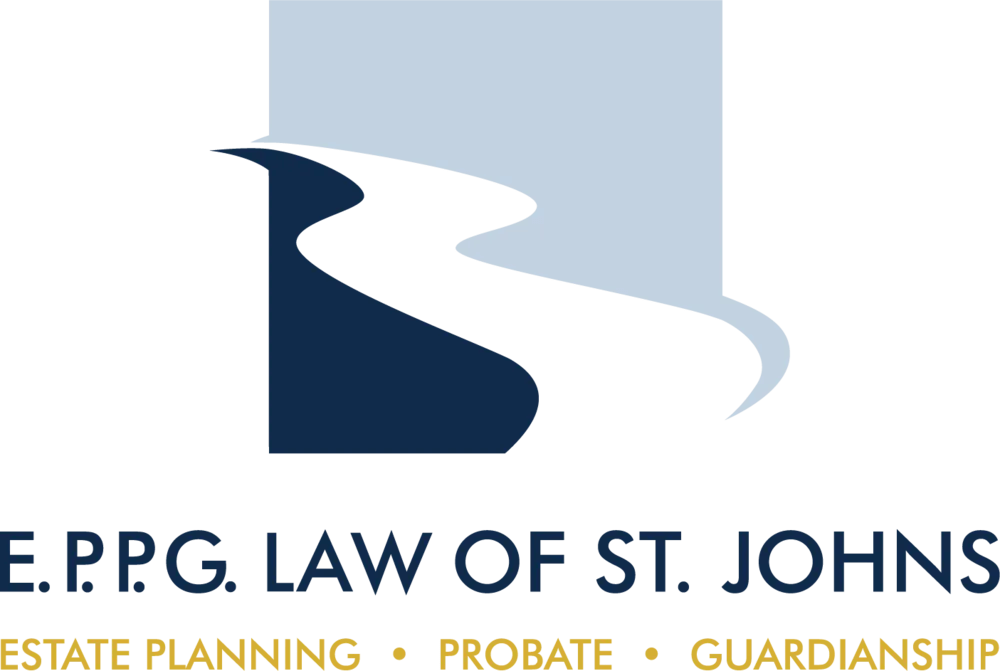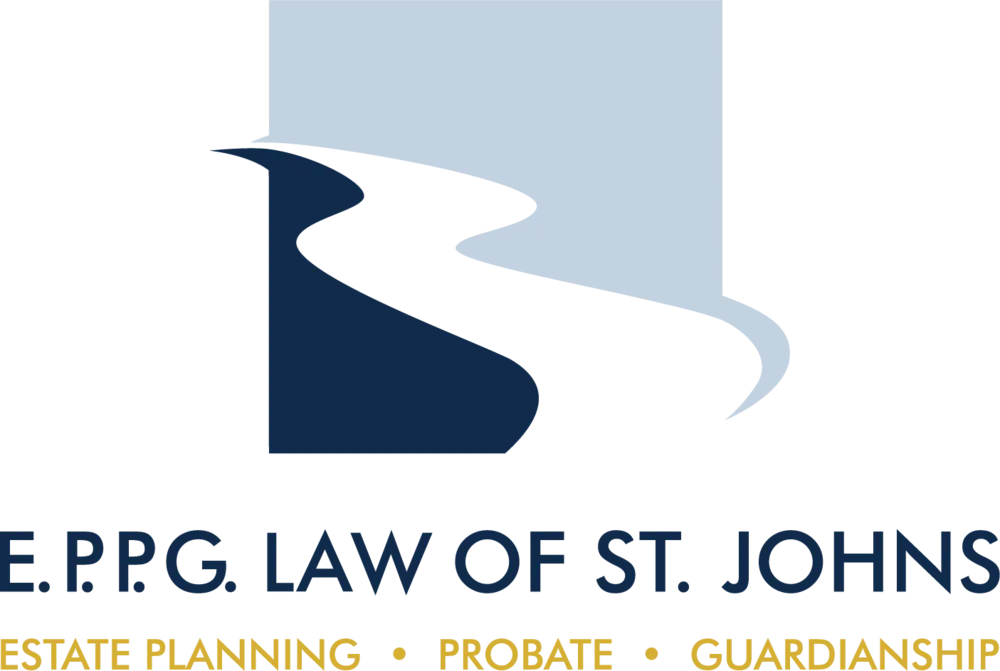Palm Coast Probate Services for Families Across the U.S. and Abroad
Navigate the Estate Process with Compassionate Legal Support

Probate is the legal process that ensures a person’s final wishes are carried out and their estate is managed appropriately. While it can feel overwhelming, Florida’s probate laws are structured to provide clarity and fairness. With proper legal assistance, probate can be handled efficiently, easing the stress during a difficult time.
At E.P.P.G. Law of St. Johns, Attorney Heather Maltby works with families in Palm Coast and throughout Northeast Florida to navigate probate proceedings with clarity and confidence. Whether you’re named as a personal representative or are a beneficiary looking for guidance, our firm offers the reliable support you need.
What Is Probate in Florida?
Probate is the court-supervised process used to settle a deceased person’s estate. This includes paying off debts, distributing assets, and ensuring everything is handled according to the individual’s will—or Florida law, if no will exists.
The probate path your family takes will depend on the value and complexity of the estate. Florida law offers three main types of probate administration:
Formal Administration
Used for estates exceeding $75,000 in value, formal administration is the most common probate process in Florida. It includes:
- Court appointment of a personal representative
- Identifying and valuing estate assets
- Paying valid debts and taxes
- Distributing assets to rightful heirs
This process involves detailed oversight to make sure every legal requirement is met before the estate is closed.
Summary Administration
Summary administration is a more streamlined option, available when:
- The total estate value is less than $75,000.
- The individual has been deceased for over two years.
This process is typically quicker and does not require a personal representative. However, all known debts must be addressed, and creditors must be properly notified before any distribution occurs.
Ancillary Administration
This process is necessary when someone who lived outside Florida dies while owning property within the state. Ancillary probate helps transfer ownership of Florida assets even though the primary probate takes place in another jurisdiction.
Families with property in more than one state can use ancillary administration to ensure smooth legal transitions without added complications.
Key Steps in Probate Administration in Palm Coast
The probate process typically unfolds in several important stages. While every estate is different, the general steps include:
1.
Opening the Probate Case
A petition is filed with the local court to begin probate and name a personal representative. If a will exists, it is submitted at this point.
2.
Notifying Heirs and Creditors
All known beneficiaries and creditors must be notified of the probate proceeding, giving them the opportunity to assert claims or questions.
3.
Identifying and Appraising Assets
The estate’s property, including financial accounts, real estate, and personal items, is identified and valued. Some may require appraisals or legal clarification.
4.
Paying Obligations
Before distributing assets, the personal representative must ensure that debts, taxes, and expenses are settled in accordance with Florida law.
5.
Asset Distribution
After debts are resolved, the remaining estate is distributed either according to the will or, in the absence of a will, under Florida’s intestate succession laws.
6.
Finalizing the Estate
A final report is submitted to the court, and once everything is reviewed and approved, the estate is officially closed.
Although the probate process may seem daunting, working with a knowledgeable attorney helps prevent delays and keeps the process on track.

The Personal Representative’s Role
The personal representative (also known as the executor) plays a crucial role in managing the estate through probate. This individual is legally responsible for ensuring the estate is handled properly and in accordance with the decedent’s wishes or state law.
Main Duties of a Personal Representative:
- Managing and protecting estate property
- Paying debts and taxes
- Keeping beneficiaries informed
- Distributing assets according to the will or legal guidelines
Because of the serious legal and financial responsibilities involved, many personal representatives choose to work with an attorney to ensure every step is handled properly.
How E.P.P.G. Law of St. Johns Assists with Probate in Palm Coast
Heather Maltby and her team understand that probate comes at an emotional and often confusing time. That’s why they are committed to making the process as smooth as possible for Palm Coast families.
Our Probate Legal Services Include:
- Walking families through every phase of probate
- Supporting personal representatives in fulfilling their legal duties
- Managing court filings and legal documents efficiently
- Overseeing fair and proper distribution of assets
- Helping resolve potential disputes and questions
With a clear, compassionate approach, we work to reduce your stress while ensuring the estate is handled thoroughly and in accordance with the law.
Do Not Wait
Compassionate Legal Help for Palm Coast Probate
Probate is a necessary part of settling an estate, but it doesn’t have to be overwhelming. With the right legal support, the process can be navigated with clarity, efficiency, and peace of mind.
At E.P.P.G. Law of St. Johns, we’re honored to assist Palm Coast families during life’s most challenging moments. Whether you’re planning ahead or managing a loved one’s affairs, we’re here to guide you every step of the way.
Feeling overwhelmed with probate?
Work with experienced Probate Attorney Heather Maltby to settle your loved one’s estate with ease.

